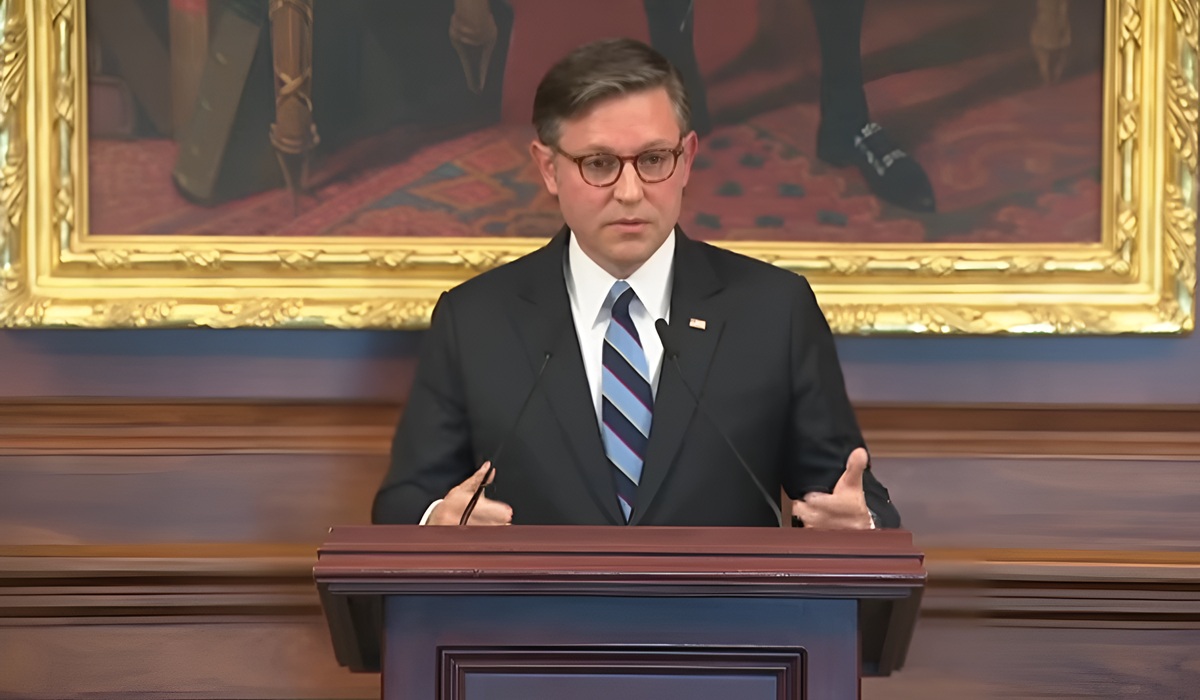Dick Cheney, influential Republican vice president to George W. Bush, dies
- Ingrid Jones
- U.S.A
- November 4, 2025

Richard Bruce “Dick” Cheney, a central figure in Republican politics for half a century and one of the most powerful vice presidents in U.S. history, has died at age 84. His family announced the death on November 4, 2025.
Born January 30, 1941, in Lincoln, Nebraska, Cheney grew up in Wyoming and began his federal career in the late 1960s. He served as White House chief of staff to President Gerald Ford (1975–1977), represented Wyoming in the U.S. House of Representatives for six terms (rising to House minority whip), and was secretary of defense under President George H. W. Bush (1989–1993), overseeing the U.S.-led coalition in the 1991 Gulf War.
Cheney returned to the executive branch in 2001 as vice president to George W. Bush, a role he would redefine. After the September 11, 2001 attacks, Cheney helped drive the administration’s responses: the war in Afghanistan, the 2003 invasion of Iraq, and an expansive retooling of U.S. national-security policy. Supporters credited him with decisive, steady leadership in crisis; critics argued he championed aggressive war policy, expanded surveillance powers, and interrogation practices they viewed as torture. His office became synonymous with a more forceful vice presidency, exerting influence across defense, intelligence, energy, and homeland security.
Cheney’s health shaped much of his public life. He suffered multiple heart attacks starting in early adulthood, underwent several procedures, and received a heart transplant in 2012. Despite chronic cardiac issues, he remained an active political voice for decades after leaving office, authoring memoirs, advising candidates, and at times breaking with fellow Republicans.
He is survived by his wife, Lynne, and their daughters, Liz and Mary, along with grandchildren. Funeral and memorial details will be announced by the family.
Cheney leaves a complex legacy: architect of a more assertive vice presidency, a principal shaper of post-9/11 security doctrine, and a polarizing figure whose decisions continue to influence debates over executive power, civil liberties, and the use of American military force.








